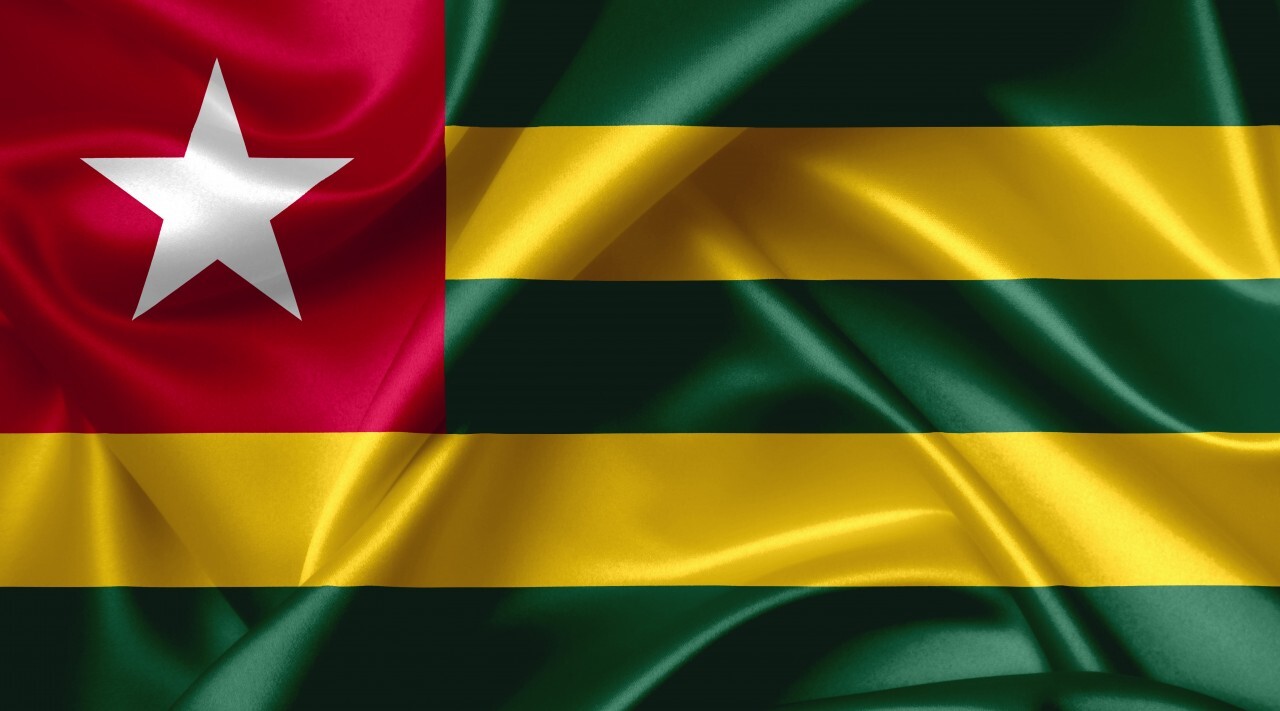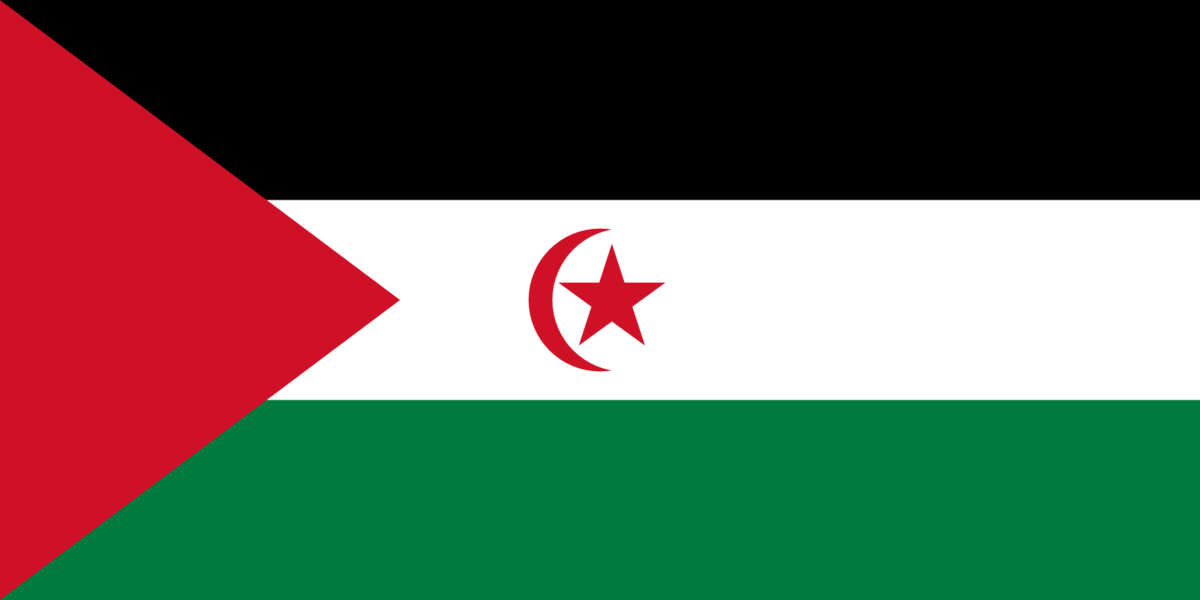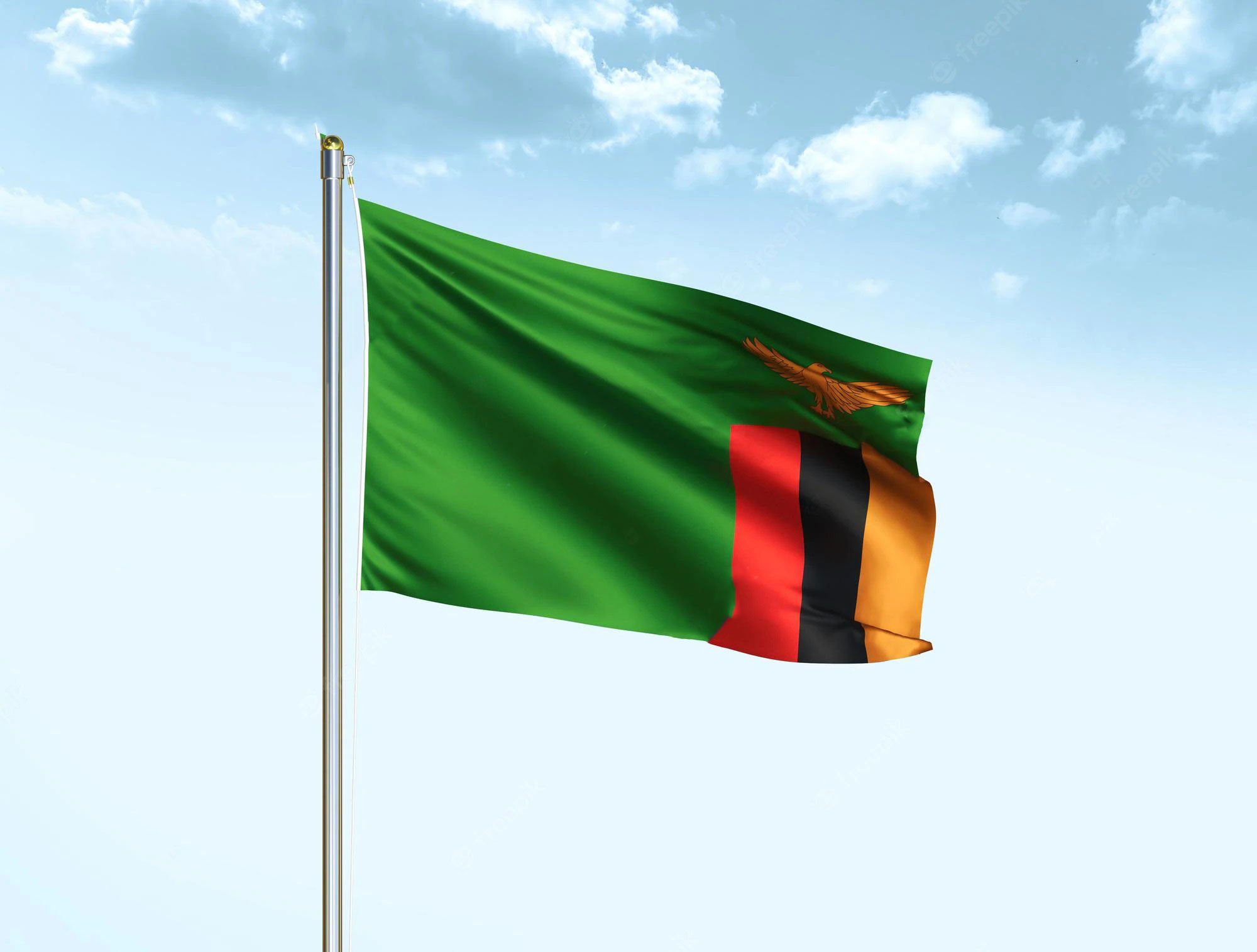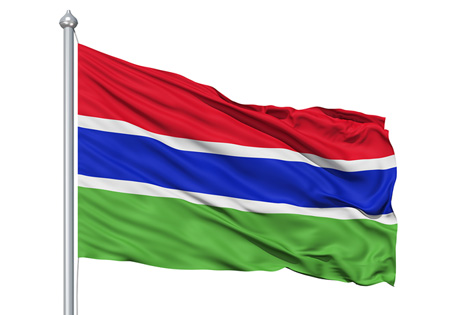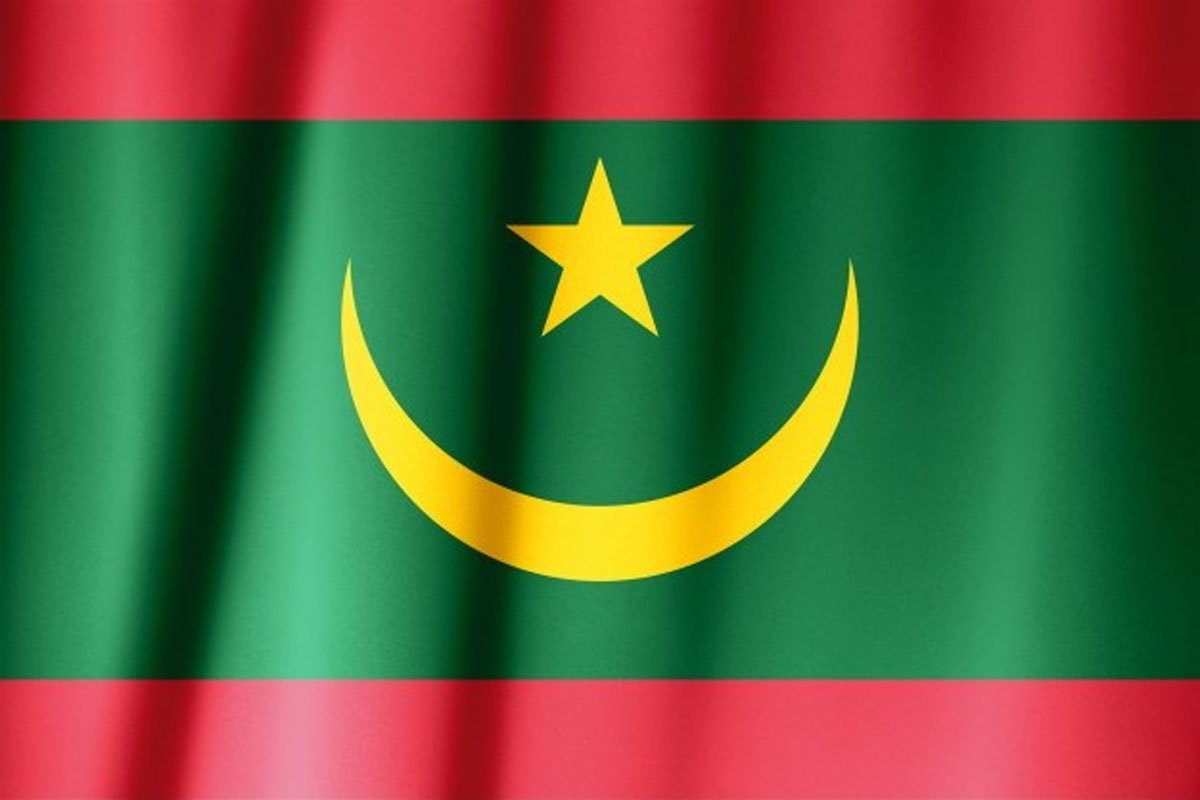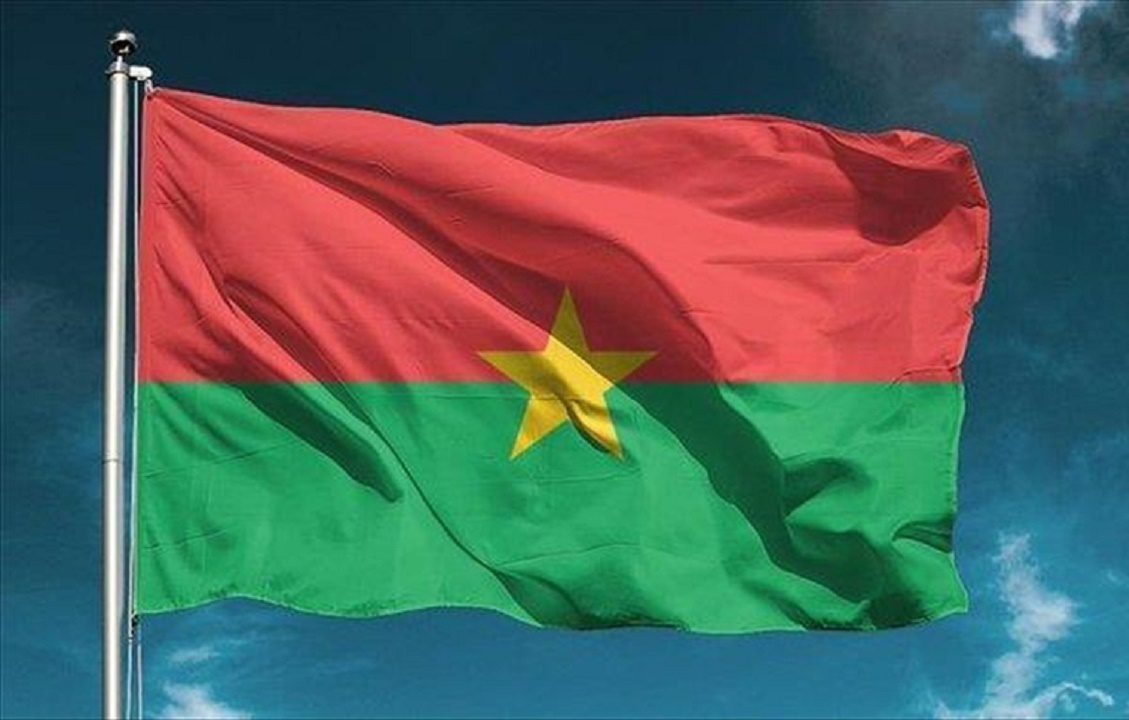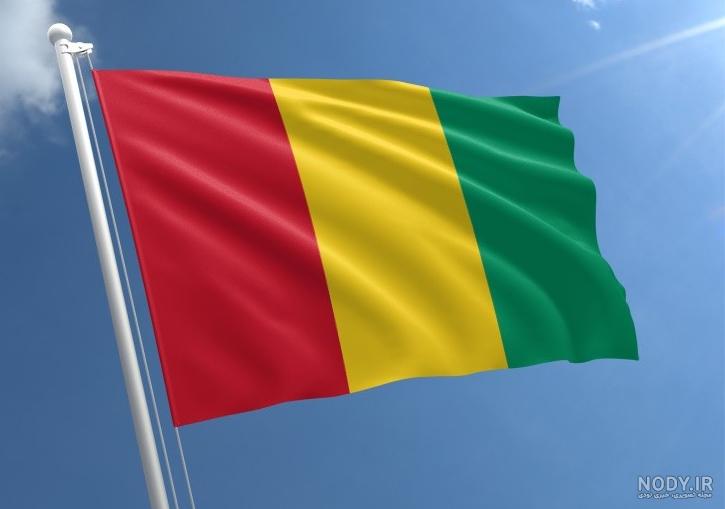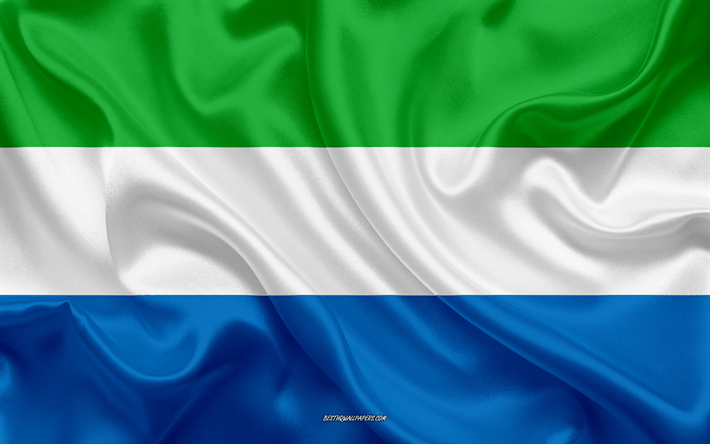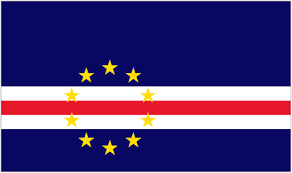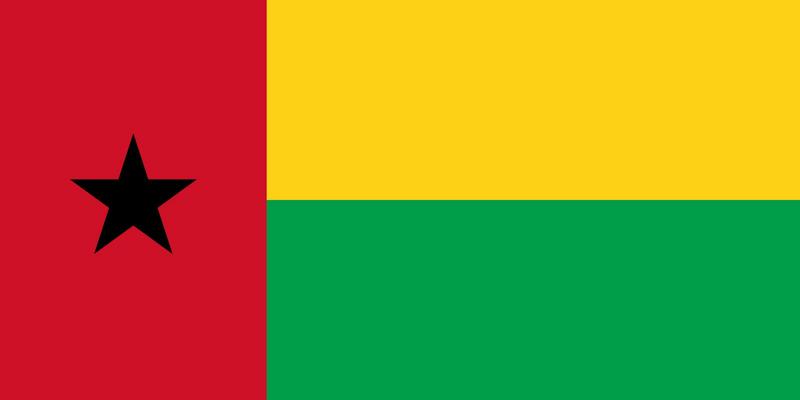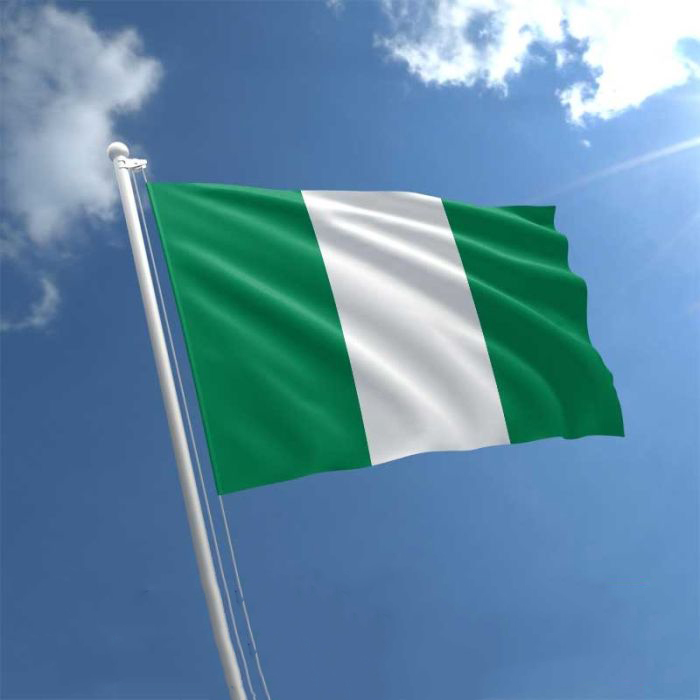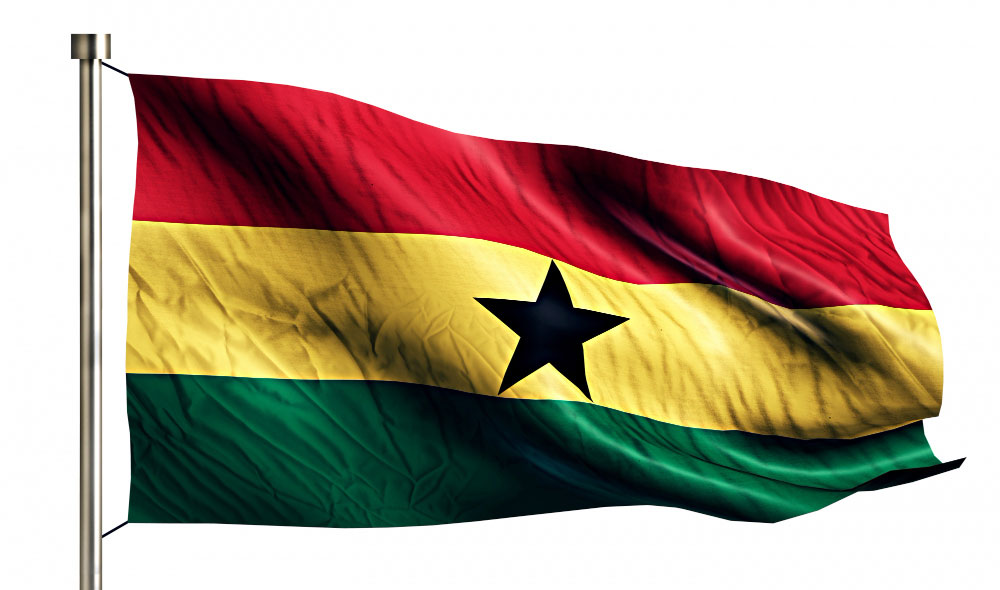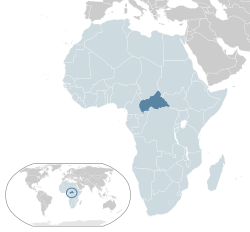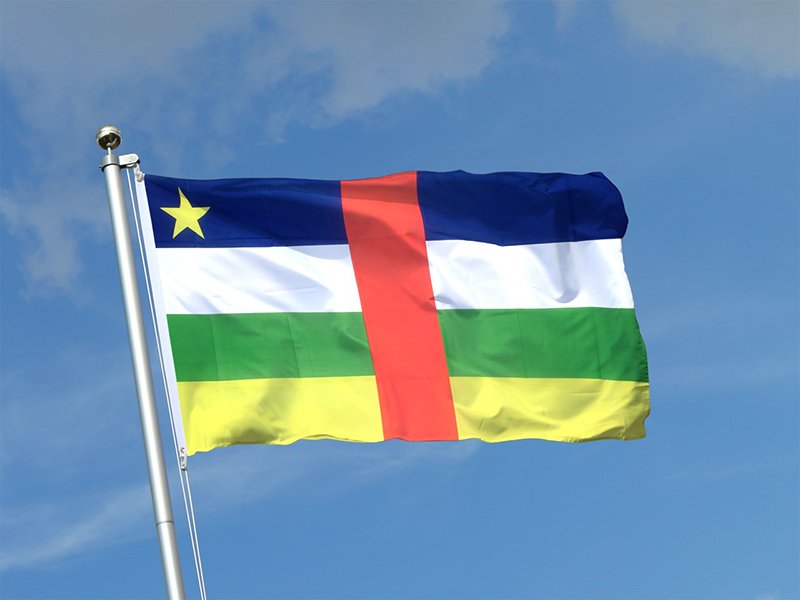The sparsely populated and landlocked Central African Republic’s economy is primarily agricultural. A large part of the population is engaged in subsistence agriculture, and 55% of the country’s GDP comes from agriculture. Subsistence agriculture, along with forestry, forms the backbone of the Central African Republic (C.A.R) economy, with more than 70 percent of the population rural or in remote areas. The main agricultural and food products of Central Africa are cassava, peanuts, sorghum (forage), millet, corn, sesame, and plantain, and cotton, coffee, and tobacco products are among the exported agricultural products of Central Africa. Timber accounts for about 16% of the export income and the diamond industry accounts for nearly 54%. According to the United Nations, the Central African Republic is one of the least developed countries.
The existence of Ubangi River in this country has made it possible to sail in some seasons of the year.
A major part of the country’s electricity supply is provided by hydropower plants. Fuel supplies must be transported via the Ubangi River or overland through Cameroon, leading to frequent shortages of gasoline, diesel, and jet fuel. C.A.R’s transportation and communication network is limited. This country has only 429 kilometers of asphalted roads, limited international and no domestic air and railway services. The Ubangi River is impassable from April to July, and conflict in the region has sometimes prevented cargo from moving between Kinshasa and Bangui. The phone system works, though incomplete. Four radio stations operate in the C.A.R as well as one television station. Several newspapers and pamphlets are published regularly and an Internet access and supply company is active in this country.
Forestry
The country is rich in natural resources but largely untapped. Meanwhile, forestry plays an important role in the economy of C.A.R (Central African Republic). In 2014, the country exported $59.3 million worth of forest products. This figure accounts for 40% of the total export income
Natural resources
This country has rich natural resources in the form of diamonds, gold, uranium and other minerals. Diamond is one of the most important exports of Central Africa, which often accounts for 20-30% of export earnings. But it is estimated that 30 to 50 percent of the diamonds produced each year are smuggled out of the country. Experts believe that oil reserves may also exist in Central Africa along the northern border with Chad (two billion barrels of oil are available in private estimates).
Industry accounts for less than 20% of the Central African country’s GDP, with artesian diamond mining, breweries, and sawmills making up the bulk of the sector. Services also account for 25% of GDP, mainly due to high government bureaucracy and transport costs due to the country’s landlocked location.

